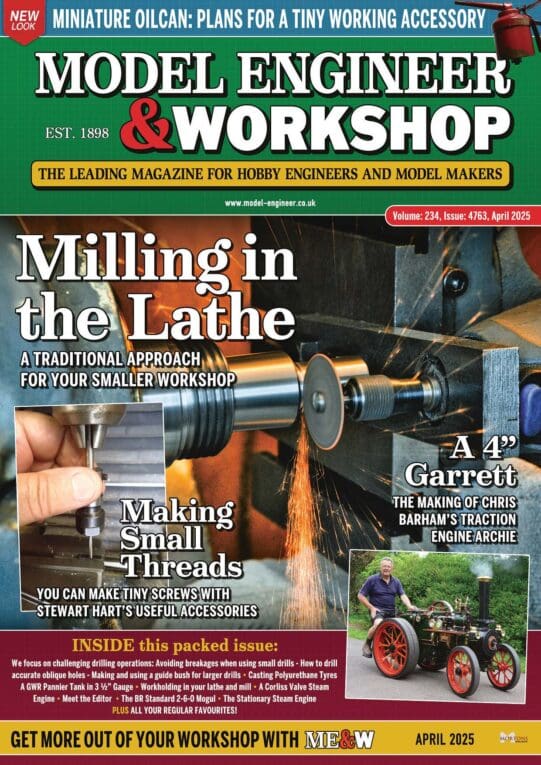Posted by Neil Wyatt on 08/06/2014 15:53:14:
I came across a professional electronic engineer who used to wash boards in the dishwasher.
Neil
I amused my wife this past weekend, I had been asked to repair a laptop which had been treated to a large glass of sherry. The smell of sweet sherry was quite overwhelming and suffice to say, the laptops behaviour was somewhat erratic.
So, complete strip down, bare case in the sink with hot soapy water, along with the keyboard. The main PCB was treated to a liberal dose of a product called safeclene, rinsed with clean water and all components hung on the washing line in the sun to dry. (not sure what my neighbours thought  )
)
Re-assembled last night and fingers crossed, applied power, SUCCESS.
I've done a few like this in the past, mostly kids throwing their can of coke over it, this was the first alcoholic laptop I've had to deal with.
Graeme
 Neil Wyatt.
Neil Wyatt.

 )
)


